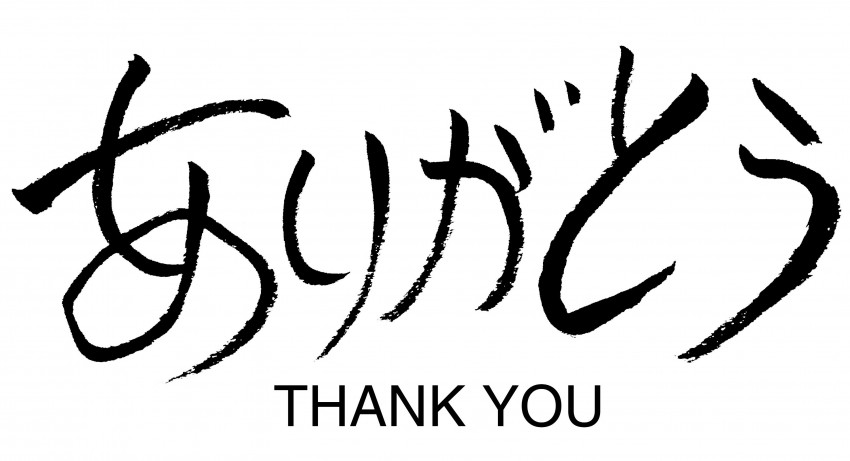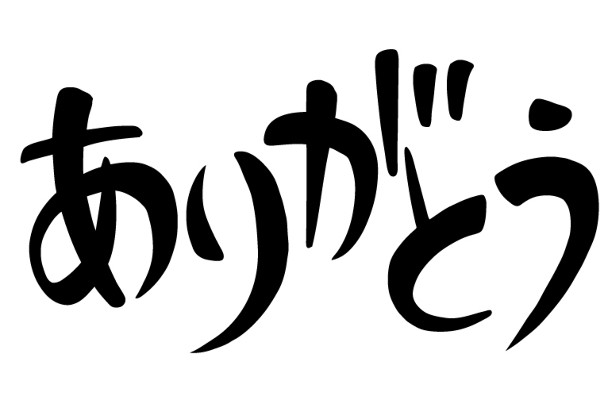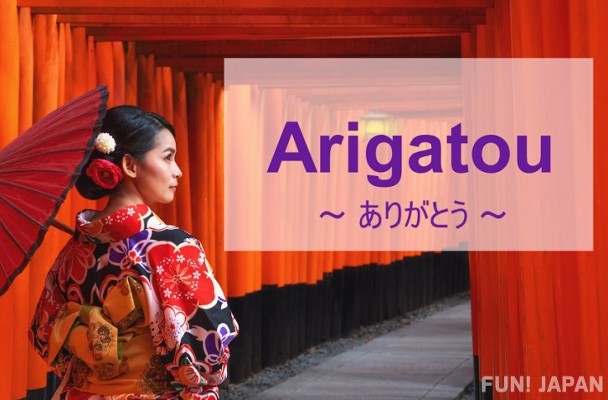
"Arigatou (Thank you)" is a word that expresses gratitude in Japanese.
In Japan dramas and movies, it is common to see Japan people bowing and saying things while smiling at their family, friends, and lovers.
In this article, we will introduce the meaning and etymology of the word "thank you" and how to use it in everyday conversation.
Meaning of Arigatou
It is said that the etymology of "Arigatou" is derived from Buddhism. If you write it in kanji, it will be written as "有(あ)り難(がと)う".
"Arigatou" is a word in which the adjective "grateful" is changed.
It is said that "grateful" was born from two words, "there is" and "difficult (difficult)*".
"Grateful" has the meaning of rare, rare and precious. Later, in Buddhism, it came to be used as a word to express the feeling of gratitude, in conjunction with the religious meaning of gratitude, which means that "you have gained something precious, such as the compassion of the Buddha."
※Difficult (がたい) = Difficult
How to write a Arigatou

Originally, it was written as "有難う" in kanji, but now it is common to write "ありがとう" in hiragana.
How to use Arigatou
"Arigatou" can be used simply as a short "thank you" or more formally. Also, the past tense is "Arigatou Gozaimashita"
1. When to say "Arigatou"
When you just say "Arigatou," it is used casually, such as to a family member, a parent, a friend, or a close relative.
2. When to say "Arigatou Gozaimasu"

If you add "Gozaimasu" to "Arigatou", it will be more formal than when you just say "Arigatou".
"Gozaimasu" is a word that has a polite meaning, similar to a sentence that ends with "〜る" or "〜です" in polite language. It is also used to communicate with older people, bosses at work, and clients.
It is also used to convey the feeling of gratitude with greater emphasis. For example, when you attend a seminar or event, have you ever heard the moderator turn to the participants?
"Thank you very much for coming today." (Honjitsu wa go raijou itadaki, arigatou gozaimashita )
This is more polite because it adds to the traditional feeling of "thank you" and includes the feeling of "thank you for taking the time to come and listen to this seminar."
Also, "Arigatou Gozaimashita" is the past tense of "Arigatou".
In the next and second parts, let's take a look at the phrases that express "thank you" that are often used in the business scene and the words that express gratitude that vary depending on the region.
Tips Japanese Culture Recommended


Comments